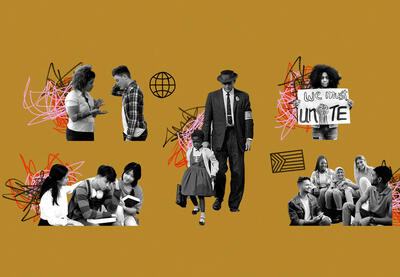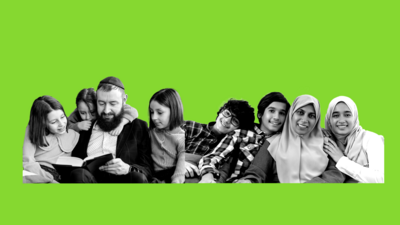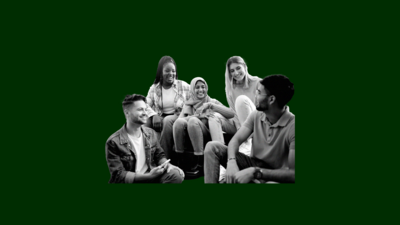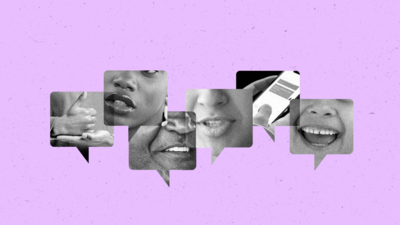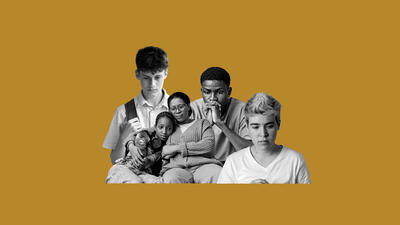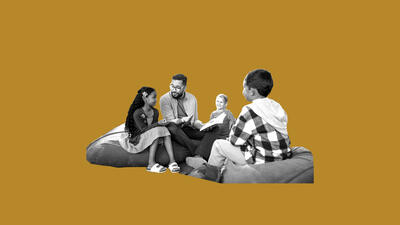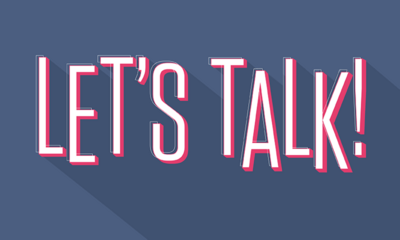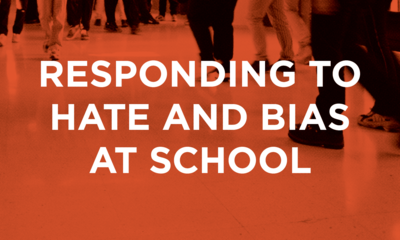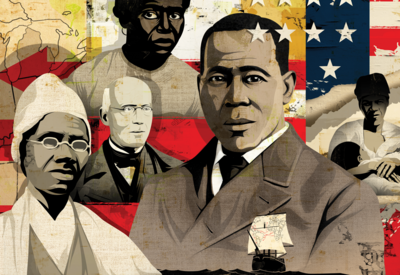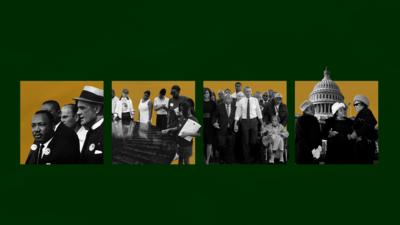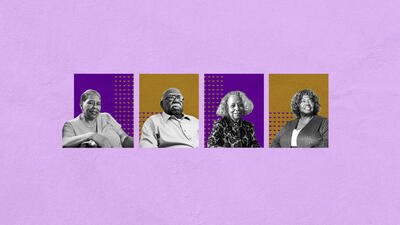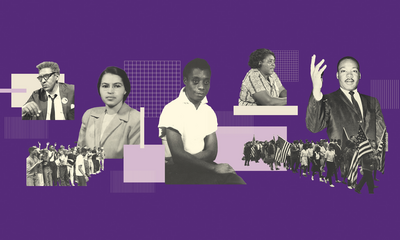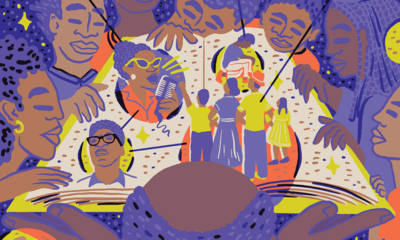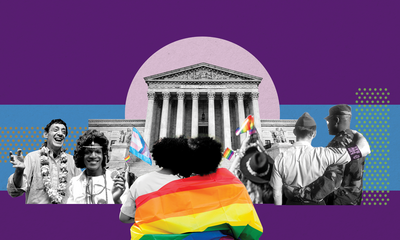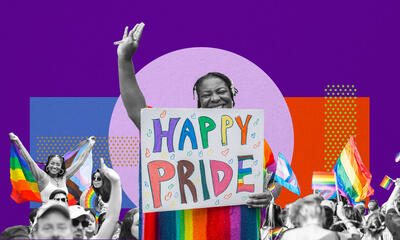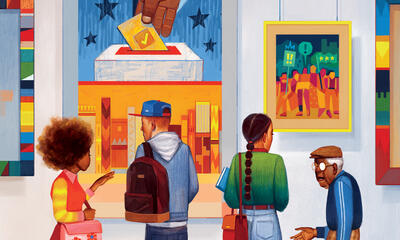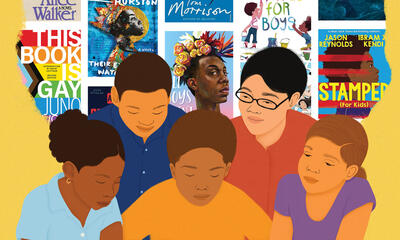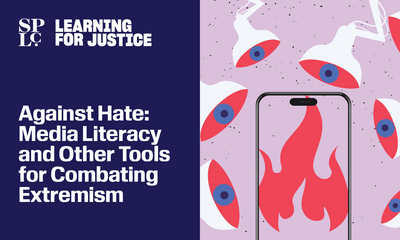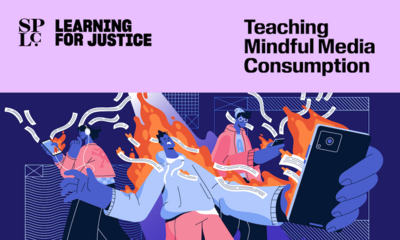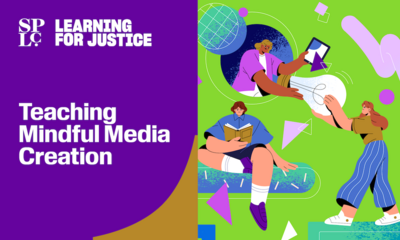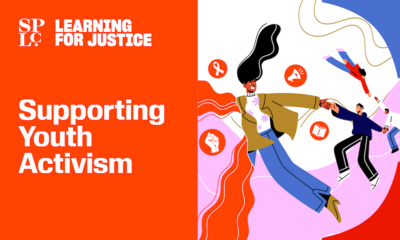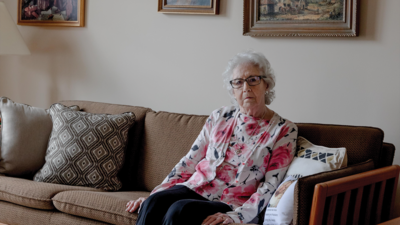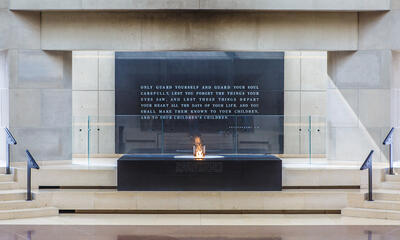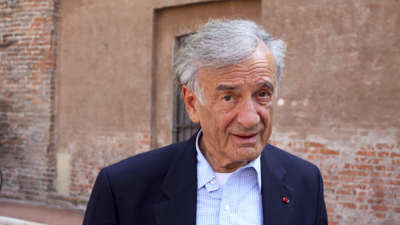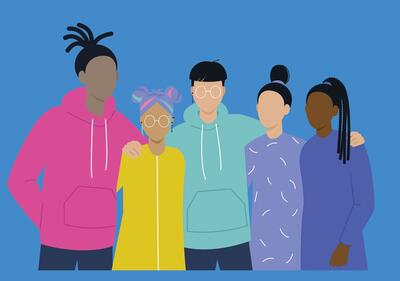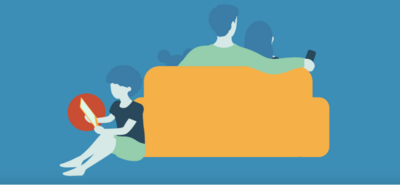We all have a responsibility to resist hate in our society and to foster safer learning spaces for young people — especially those being targeted by hate and discrimination. Cultivating dialogue, engaging with facts and protecting students’ right to learn are essential components in strategies for prevention, intervention and response to hate and bias.
The media in today’s political environment is filled with divisive messages, especially from public figures who perpetuate hate along with disinformation. Many of these messages target people based on identity — race and ethnicity, immigration status, sexual and gender identity, religion and more. And young people who are exposed to hate-filled media often struggle to discern facts and participate responsibly in their schools and communities. Understanding the connections between race in our history and white supremacist ideologies today is crucial for countering hate in the United States.
The resources in this series offer strategies to help us engage as a broader community across our differences and build networks to foster resilience and take action to resist hate and bias.
